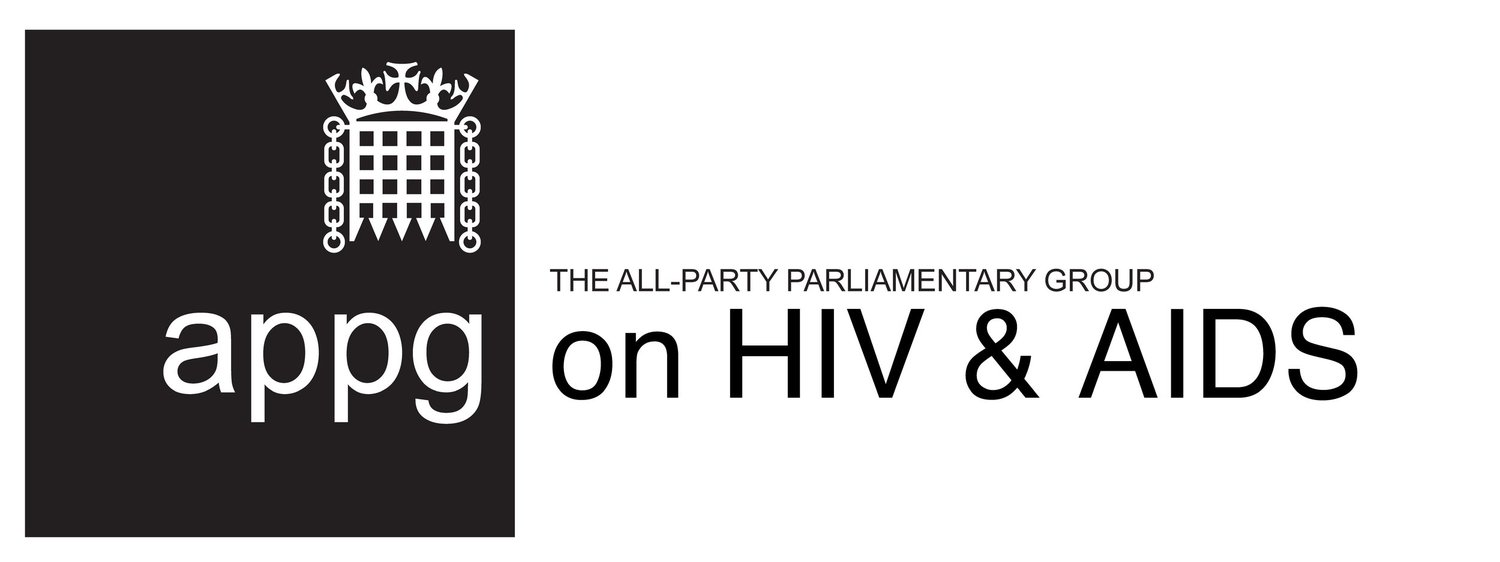There have been remarkable advances in HIV treatment, prevention and care in the UK. Most people on HIV treatment have normal life expectancy, and live with the knowledge that they cannot transmit HIV. Rates of new infections are falling. Yet while there is much to celebrate, people living with HIV are still twice as likely to experience poor mental health as the general population.
Stigma ruins lives. It can make us feel isolated, ashamed and worthless. It can stop us from building relationships or accessing work. It can prevent us from seeking help or treatment. It can deny people living with HIV the opportunity to live their lives to the full.
We must address the ignorance in healthcare when it comes to the U=U message. This is a strong message and all healthcare workers should be educated. It is crucial for the Faith Based Community to root out HIV stigma. That requires us to have conversations with faith leaders to preach support beyond tolerance.
These initiatives are really important, bringing more attention to the structural drivers of stigma, discrimination in different settings, and of course the multi-level interventions that we need to address them.
Information is power. The more we know and understand about stigma and what we are up against, the easier it will be to fight it.
There is still a long way to go, particularly for those who may be experiencing stigma for other reasons too.
Stigma continues to have a pervasive impact on the lives of people living with HIV, many of whom will also have a mental health problem. It’s hard enough for people to be living with a long-term health condition and experiencing a mental health problem, without having to face the judgement, shame and isolation that often surround them.
People with HIV very often come from communities already significantly affected by social and health-related disadvantage. Needs assessments should recognise the diverse experiences and needs of people with HIV, and be sensitive to the way HIV interacts with other structural needs and inequalities.
